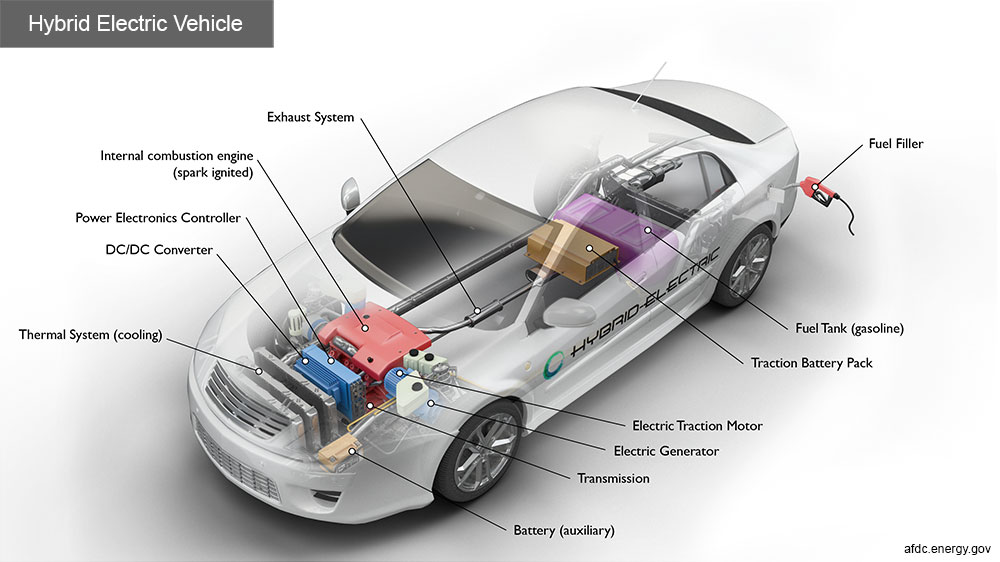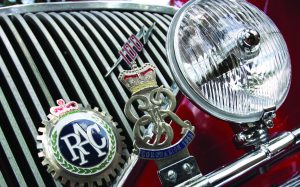Hybrid Car Batteries Powering the Future

Hybrid Car Batteries Powering the Future
Hybrid cars rely on a combination of a gasoline engine and an electric motor to provide propulsion. The electric motor is powered by a battery, which is a crucial component of a hybrid vehicle.
Types of Hybrid Car Batteries
- Nickel-Metal Hydride (NiMH) Batteries: These batteries were commonly used in early hybrid vehicles but have been largely replaced by lithium-ion batteries due to their higher energy density and longer lifespan.
- Lithium-Ion Batteries: Lithium-ion batteries are now the most common type of battery used in hybrid cars. They offer higher energy density, faster charging times, and a longer lifespan compared to NiMH batteries.
Factors Affecting Hybrid Car Battery Performance
- Battery Chemistry: The type of battery technology used can significantly impact performance, energy density, and lifespan.
- Battery Size: The size of the battery determines how far the vehicle can travel on electric power alone.
- Temperature: Battery performance can be affected by temperature. Extreme temperatures can reduce battery capacity and lifespan.
- Charging Habits: Frequent charging and avoiding deep discharges can help to prolong battery life.
- Driving Style: Aggressive driving and heavy braking can increase the load on the battery and reduce its lifespan.
Hybrid Car Battery Maintenance
- Regular Checkups: Have your hybrid car’s battery checked regularly by a qualified technician.
- Avoid Extreme Temperatures: Try to park your car in shaded areas to avoid excessive heat exposure.
- Proper Charging: Follow the manufacturer’s recommendations for charging your hybrid car’s battery.
- Avoid Deep Discharges: Deeply discharging the battery can shorten its lifespan.
Future Trends in Hybrid Car Batteries
- Solid-State Batteries: Solid-state batteries are a promising technology that could offer higher energy density, faster charging times, and improved safety compared to lithium-ion batteries.
- Battery Recycling: As the number of hybrid and electric vehicles increases, there will be a growing need for battery recycling programs to ensure sustainable and responsible disposal.
Hybrid car batteries are a critical component of these vehicles, enabling them to combine the efficiency of electric power with the flexibility of a gasoline engine. By understanding the different types of hybrid car batteries and their maintenance requirements, you can help ensure the long-term performance and longevity of your hybrid vehicle.




